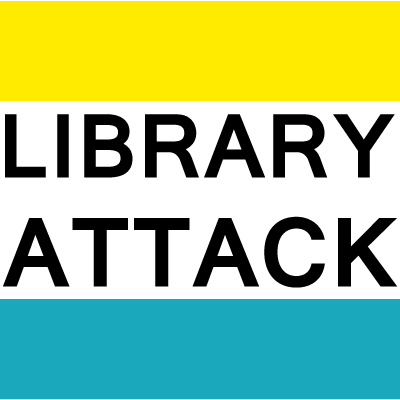I meant to blog something from SLA 2009, but I never quite found the time to do it. I was busy with stuff for the Transportation Division, which is my main camp in SLA, but also the Unconference track. The SLA Unconferences were borne out of SLA Leadership in January. I asked Karen Huffman of the KM Division if something like that would be possible, and a few weeks later it was on the wiki!
I have to say, the Unconferences were the most enriching part of SLA for me. It was really great to hear so many ideas and opinions about the profession. The first one was a little slow, but I think that was because we needed to figure out our audience somewhat and how to do it. The Academic Division‘s first programming at SLA was their Roundtable/Unconference, which was a success! (OK, so I helped moderate it with Amy Buckland and Margaret Smith.) It was great to see so many people active and participating. For the rest of the conference people came up to me and thanked me for the session, when all I wanted to say was, “You’re the reason the session was great!” Some things that I will remember about these sessions:
- Make the rules of unconferences clear. This may not really be a new concept for many people, though the brand is. By outlining expectations for participation, or the lack there of, it creates an environment where people have a better idea of what to do.
- Go with the flow. That sounds trite, but it’s important and reiterates one of the rules. If people want to talk about how their organizations are clamping down on social networking sites, then that’s what they’re going to talk about. If you want to talk about something else, you either speak up or follow the “law of two feet.” (Leave.)
- Find the balance of voices. I think this was the trickiest part for me. I like to talk, a lot, but I didn’t want to dominate the conversation. I also tried to be mindful of other people who were dominating the conversation. Going with the flow means, people who want to talk the most will be able to do so. How do you draw people in who aren’t speaking up? Short of calling on them, trying to ask open ended questions and make eye contact can sort of work, but I think that’s something that will never really be remedied, not that it should be.
- Give people time to get used to it. People go to conferences with the expectation of being told what to do. It’s a little weird for some to be told they need to be active as a presenter. With encouragement, it will happen. I’ve talked about the need for people to be active consumers at conferences before, and these unconference sessions enabled that. Perhaps these sessions were the gateway to a new way of thinking for many of the participants? I hope so.
I really hope we can do something like this at SLA 2010!


Leave a Reply